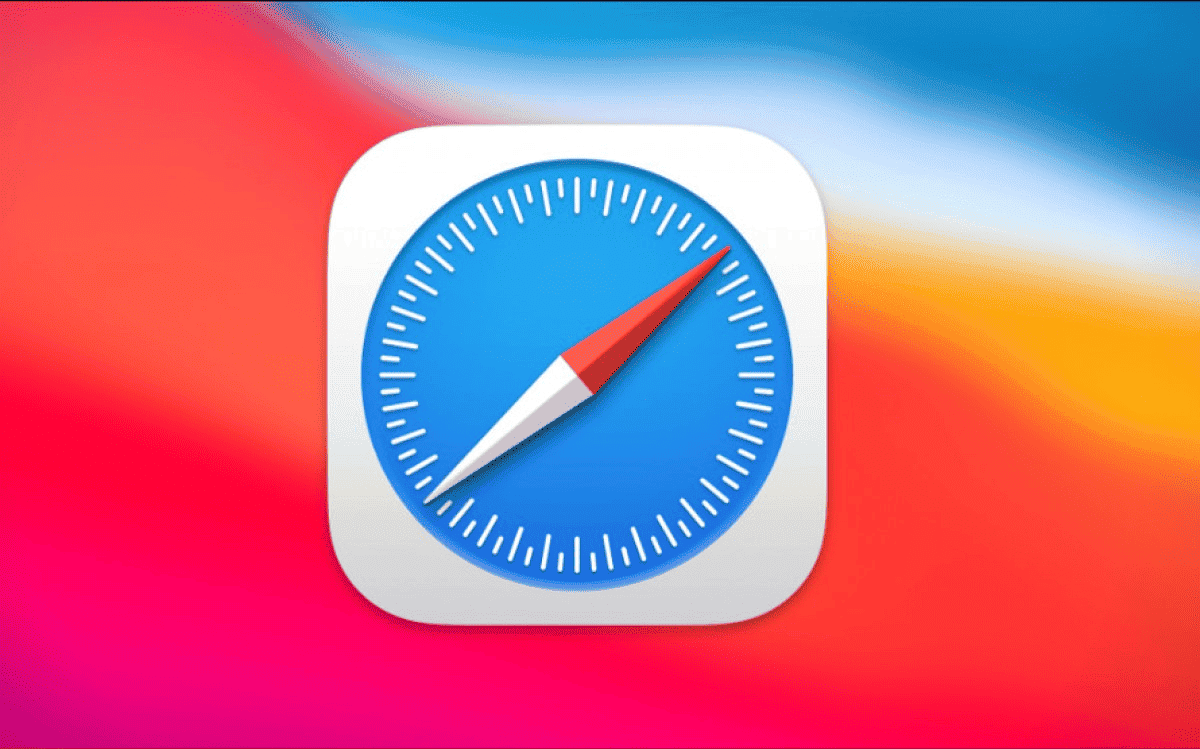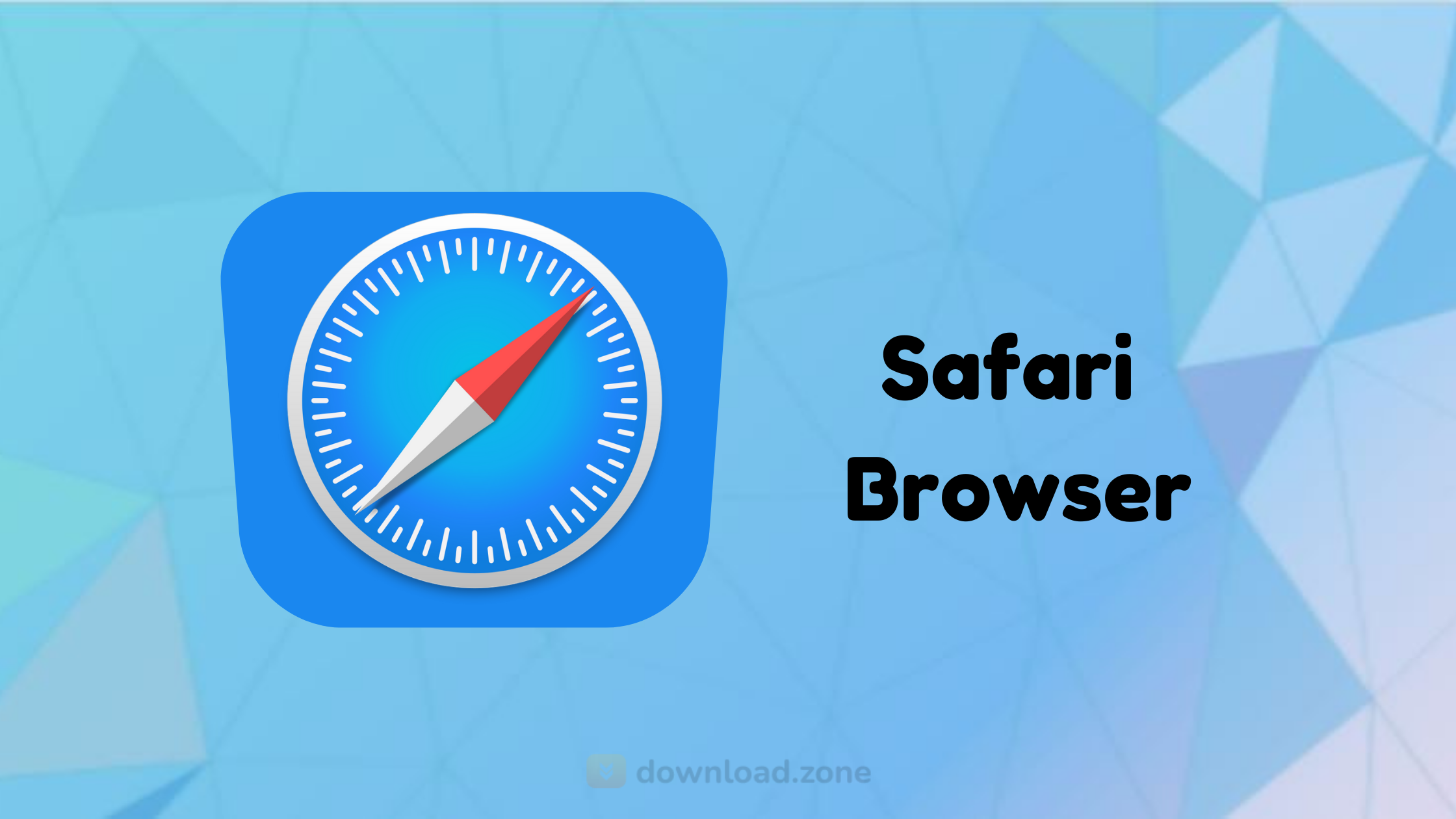Apple recently announced plans to allow European Union (EU) iPhone users to uninstall the Safari browser. This is another move by the company in compliance with the Digital Markets Act (DMA). The move is part of Apple’s efforts to improve consumer choice and comply with EU regulations. According to a compliance document published by Apple, iPhone users in Europe can uninstall the Safari browser before the end of 2024. Apple will introduce the option for EU-based iPhone users to give them more control over the software on their devices. Excerpts from the compliance document says
Apple users now support uninstalling multiple pre-installed apps from the iOS home screen. As some users expect, Apple also plans to allow users to completely delete the Safari browser in the future. Apple hopes to have this option available by the end of 2024.
Apple does not mention restricted regions in its registration document. However, considering all the changes that Apple has made recently due to DMA, it is expected that the above adjustments will be limited to the European market. Additionally, in response to EU DMA requirements, Apple has already confirmed that it is developing a “user-friendly” solution to allow iPhone users to easily transfer data to “non-Apple phones” (i.e. . Android phones), with a tentative goal of 2025 Fall of the year.

Uninstall the Safari browser
Currently, uninstalling Safari can be a complicated process due to Apple’s System Integrity Protection (SIP), which prevents some pre-installed apps like Safari from being easily removed. Disabling SIP is necessary to delete Safari, but it is extremely important to note that removing built-in apps like Safari can pose risks and potentially damage the operating system if not done correctly. If you are inexperienced with macOS file systems, it is recommended that you avoid uninstalling Safari to prevent system malfunctions.
While it’s challenging to completely uninstall Safari from a Mac, you can disable it by removing it from the Dock, clearing your browsing data, and using another browser as an alternative. Also, on iOS devices like the iPhone and iPad, you can’t delete Safari because of its deep integration into the operating system; however, you can remove its icon from the home screen and clear your browsing data to free up storage space. Remember that disabling Safari does not completely delete the app or its data on iOS devices. But with the latest report by the end of this year, the process will be quite easy.
Apple Safari in Europe will remind users to set their default browser
Before the latest report of an option to completely delete the Safari browser, Apple announced changes to iOS, Safari and the App Store in the European Union. Just like the other changes, the change is a result of the Digital Markets Act (DMA) requirements. Apple said it will open up browser restrictions for users in 27 EU member states in the upcoming iOS 17.4 update. After iPhone users in Europe upgrade to iOS 17.4, they will see a new window after opening the Safari browser. This window will remind them to change their default browsers if they wish to do so. Apple issued a follow-up email today stating that for iPhone users in EU member states.
Gizchina News of the week
iOS users can now set a third-party web browser as their default. However, the new window will make this process more noticeable and more convenient for the user. The new window will list the 12 most popular web browsers in the App Store in their country. The list of browsers that can be set as default varies slightly from country to country. While some browsers are available in all EU countries, others are limited to certain countries.
Apple has shared an alphabetical list of browsers that will currently be available in the European Union. It is worth noting that this adjustment applies to the 27 countries in the EU. This no longer includes the UK, which will leave the EU in 2020.

We have a list of browsers that will pop up in four European countries
- France: Aloha, Brave, Chrome, DuckDuckGo, Ecosia, Edge, Firefox, Onion Browser, Opera, Private Browser Deluxe, Qwant and Safari.
- Germany: Aloha, Brave, Chrome, DuckDuckGo, Ecosia, Edge, Firefox, Ivanti Web@Work, Onion Browser, Opera, Safari and You.com AI Search Assistant
- Italy: Aloha, Brave, Chrome, DuckDuckGo, Ecosia, Edge, Firefox, Ivanti Web@Work, Onion Browser, Opera, Safari and You.com AI Search Assistant
- Spain: Aloha, Brave, Chrome, DuckDuckGo, Ecosia, Edge, Firefox, Onion Browser, Opera, Safari, Vivaldi and You.com AI Search Assistant
Conclusion
In conclusion, Apple’s recent announcements regarding the Safari browser and European Union Digital Markets Act (DMA) compliance mark significant changes in user control and regulatory compliance in the iOS ecosystem. The decision to allow iPhone users in the EU to uninstall Safari reflects Apple’s commitment to improving consumer choice and complying with EU regulations on fair competition and consumer rights.
By allowing users to uninstall pre-installed apps like Safari, Apple aims to give users more flexibility and control over the software environment on their devices. The move is not only consistent with DMA principles, but also demonstrates Apple’s responsiveness to evolving regulatory frameworks and consumer preferences.
Additionally, introducing a user-friendly data transfer solution to non-Apple phones underscores Apple’s recognition of the importance of interoperability and user freedom in a diverse digital ecosystem. The tentative 2025 target for this feature reflects Apple’s commitment to developing reliable solutions that meet regulatory requirements while providing a seamless user experience.
In addition, upcoming changes to Safari in the European Union, including the option to set default browsers and the visible display of browser options, represent Apple’s proactive approach to compliance and transparency for users. By simplifying the process of setting default browsers and providing users with clear choices, Apple aims to improve the user experience and foster a competitive digital environment.
Overall, Apple’s initiatives in response to DMA signal a paradigm shift in the company’s approach to software and regulatory compliance. As Apple continues to navigate evolving regulatory environments and consumer demands, its commitment to innovation, consumer empowerment and regulatory compliance will shape the future of the iOS ecosystem in the European Union and beyond.
Apple confirms that iPhone users in Europe can uninstall the Safari browser by the end of 2024







